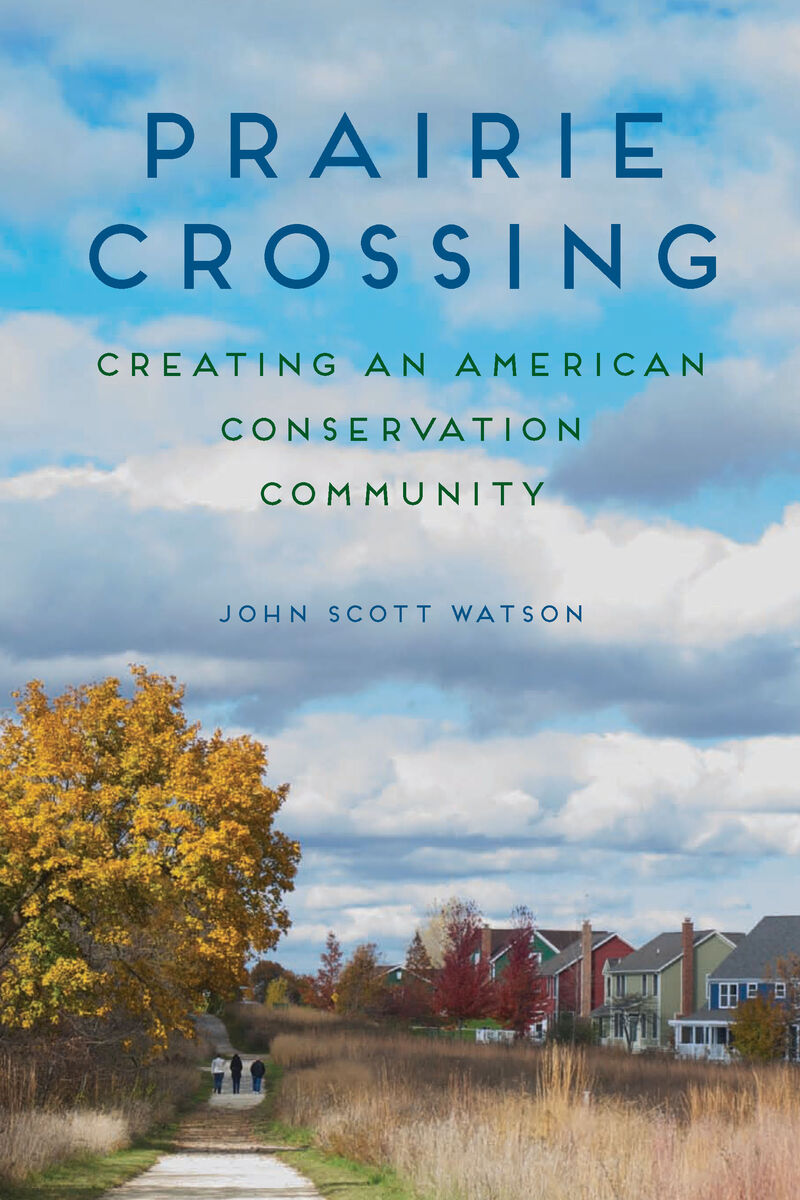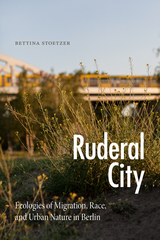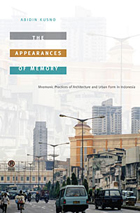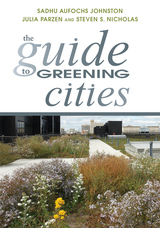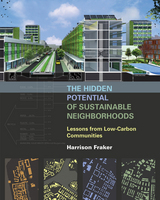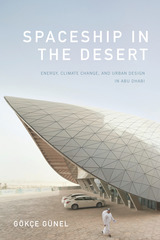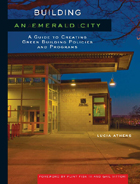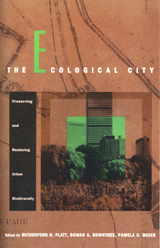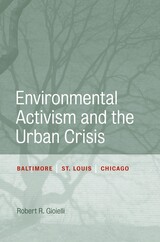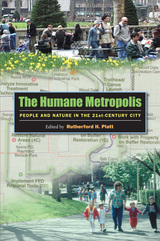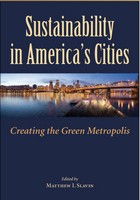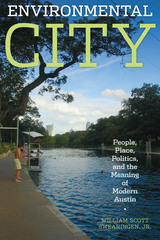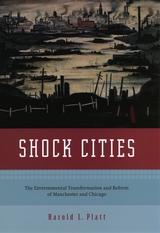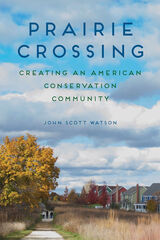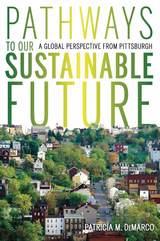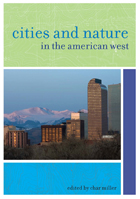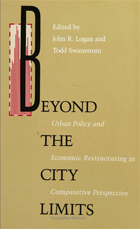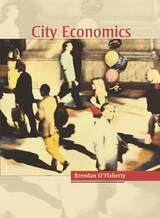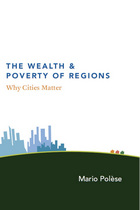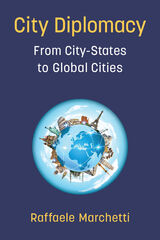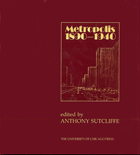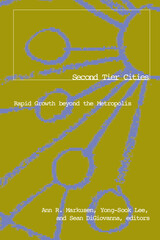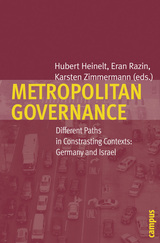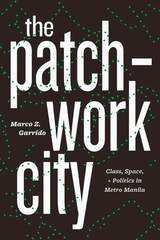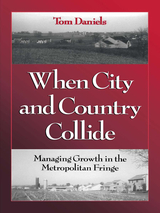eISBN: 978-0-252-09797-3 | Cloth: 978-0-252-03986-7
Library of Congress Classification HT243.U62G739 2016
Dewey Decimal Classification 307.76
The first comprehensive look at an American conservation community, Prairie Crossing goes beyond windmills and nest boxes to examine an effort to connect adults to the land while creating a healthy and humane setting for raising a new generation attuned to nature. John Scott Watson places Prairie Crossing within the wider context of suburban planning, revealing how two first-time developers implemented a visionary new land ethic that saved green space by building on it. The remarkable achievements include a high rate of resident civic participation, the reestablishment of a thriving prairie ecosystem, the reintroduction of endangered and threatened species, and improved water and air quality. Yet, as Watson shows, considerations like economic uncertainty, lack of racial and class diversity, and politics have challenged, and continue to challenge, Prairie Crossing and its residents.
See other books on: Creating | Sustainability & Green Design | Sustainable development | Urban & Land Use Planning | Urban ecology (Sociology)
See other titles from University of Illinois Press
